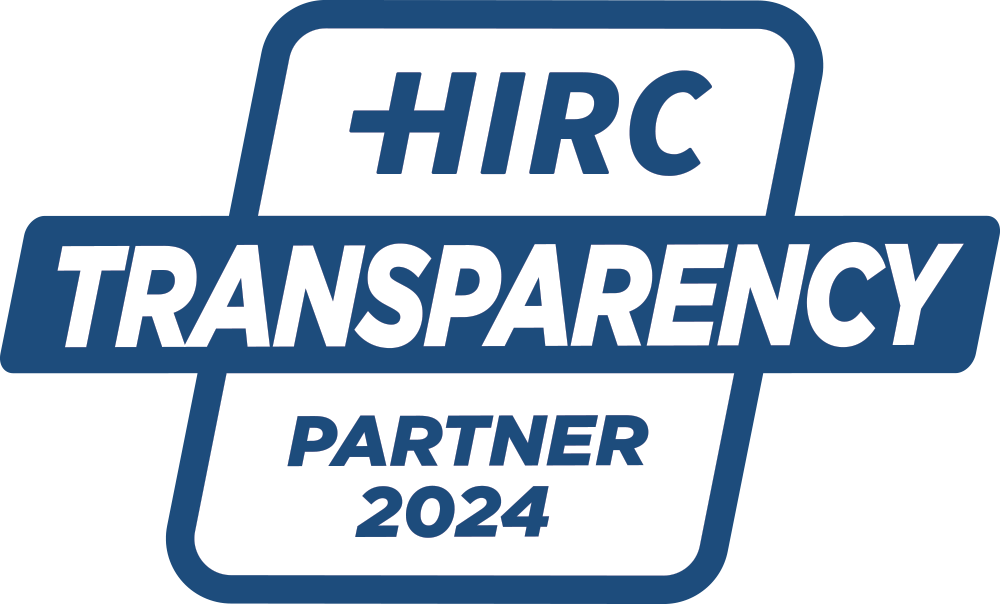Around 2000, FDA became aware that to reduce costs, many hospitals were re-using devices labeled “single use”, thereby increasing patient risk. As a result, FDA regulated the practice of single-use device reprocessing, so that only advanced reprocessing companies with clearances from FDA could reprocess single-use devices. This meant that the practice was taken away from the hospitals and placed in a safe, regulated environment.
To be able to reprocess a single-use device, reprocessors must submit an application to FDA that demonstrates that the reprocessed device is substantially equivalent to a brand new device. To achieve this, reprocessors must reverse engineer the device, understand how to clean it, inspect it, and test it, and do extensive tests that prove the device functions the same way as a new device. The process is similar to the process original manufacturers must follow to launch a new device. Same agency, same requirements, same functionality, and same safety.
Initially, many physicians were hesitant to use reprocessed single-use devices. However, as evidence grew that these devices actually functioned the same way and failed even less frequently than new devices, more and more physicians adopted the use of these devices. Many of them have increasingly backed hospitals’ efforts to reduce costs, and prefer the less expensive devices – although they may not feel exactly the same as a new device, using them enables us to reduce the cost of care. Today, reprocessing is a widely celebrated key supply chain strategy utilized in all the US News & World Report’s top hospitals.*
*SOURCE: ADMR, 2020
Around 2010, the largest reprocessors were acquired by large original manufacturers who did not invest in reprocessing technology that could drive higher savings. As a response, Innovative Health was formed in 2015 to deliver a focused, dedicated technology effort that could significantly increase savings, specifically in cardiology, where the most expensive devices are used.
It is our philosophy that reprocessing is not about buying inexpensive devices. Reprocessing is about enabling hospitals to provide better care through savings. Ever-increasing device costs is a very real problem for Electrophysiology labs. When device costs go up, hospitals must reduce service and patients lose. Managing reprocessing programs for maximum impact makes it possible for the hospital to better control supply costs and provide better care.




